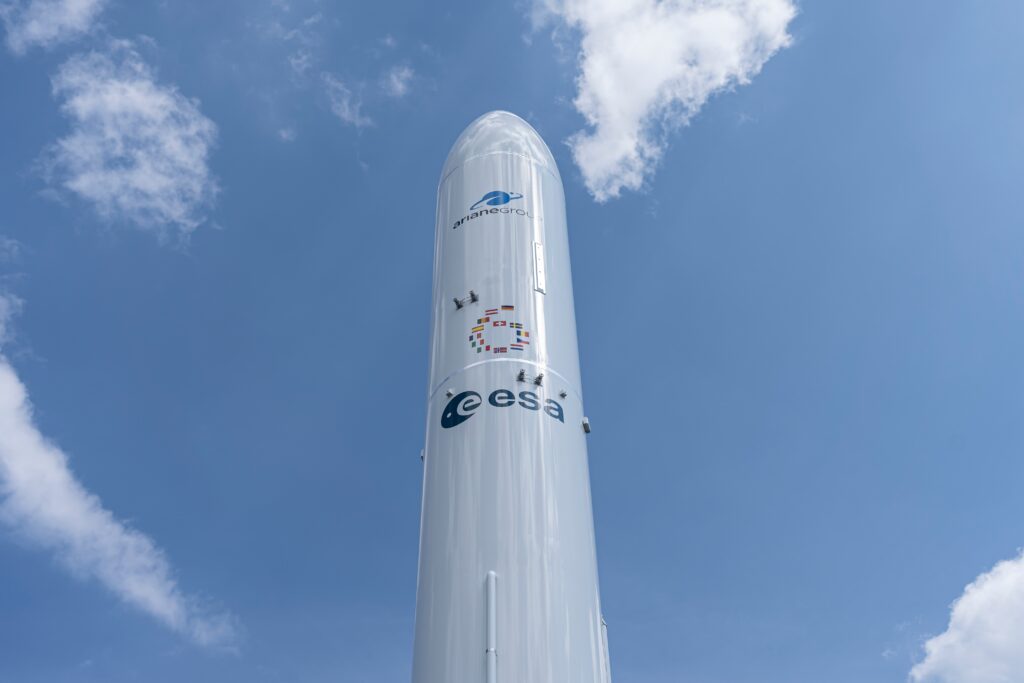Josef Aschbacher, the Director General of the European Space Agency (ESA), has called for a substantial boost in Europe’s space investment. He stresses the importance of autonomy in space technology to ensure the continent’s security and future economic success in light of increasing global uncertainties.
Speaking at an event in London, Aschbacher emphasized that Europe needs to enhance its satellite technology, communication networks, and rocket launches to lessen its reliance on external powers, particularly the United States.
The space industry is witnessing a global boom, with experts projecting it to reach a $1 trillion market. This growth is partly fueled by increased defense spending, notably following the return of Donald Trump to the White House.
Strategic Shifts and Future Partnerships
Historically, European space missions have heavily relied on collaboration with NASA, but Aschbacher expressed concern that shifting U.S. priorities could disrupt these partnerships. While cooperation on projects like NASA’s Artemis mission is expected to continue for the time being, Aschbacher revealed that ESA is preparing for alternative partnerships with countries like Australia, India, and the United Arab Emirates.
Furthermore, Europe is increasingly dependent on Elon Musk’s SpaceX for satellite launches, but delays in launches due to the retirement of the Ariane 5 and grounding of Vega C rockets have exposed vulnerabilities. ESA aims to address this by introducing the new Ariane 6 rocket and fostering growth in emerging private European launch companies.
Europe’s Vision for Independent Space Infrastructure
To secure its long-term future in space exploration, ESA is pushing for the development of new, independent European launch vehicles. This includes investing in reusable rocket technology, such as the Prometheus engine, to compete globally. Private companies, such as Rocket Factory Augsburg, are also driving innovation in this field.
Aschbacher also highlighted the importance of new spaceports in the UK, such as the one in Shetland, which could reduce Europe’s reliance on the Kourou spaceport in French Guiana.
The Role of Science and Innovation in Europe’s Space Strategy
While military applications may provide funding opportunities from European governments, Aschbacher emphasized that scientific research should remain the core focus of Europe’s space ambitions. He cited the rapid development of vaccines during the pandemic as an example of how fundamental scientific investment can drive technological innovation and economic growth.
In conclusion, Aschbacher urged Europe to act swiftly, stating, “Investments in space are vital to sustain Europe’s quality of life and foster future development.” With rising geopolitical tensions and shifting global priorities, the need for a stronger, independent European space program has never been clearer.
